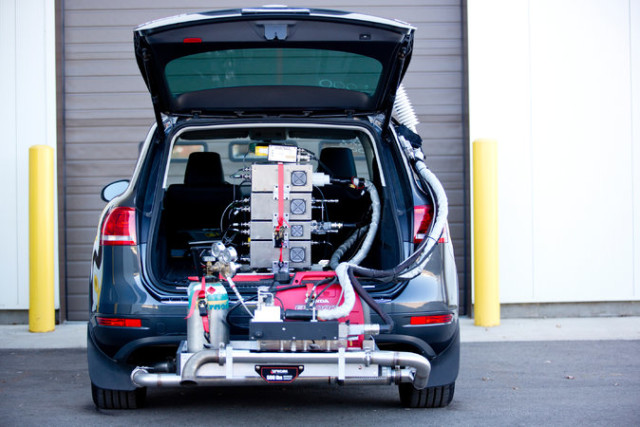
By
The tests, which come in the wake of Volkswagen’s admission that it installed software on more than 11 million cars to evade emissions standards, are being conducted randomly and in real-world conditions, rather than in traditional laboratory settings, to increase the odds of catching cheaters.
“We are very anxious to find out if there are any other programs out there,” said Christopher Grundler, director of the office of transportation and air quality at the Environmental Protection Agency.
The first tests on brands manufactured by Volkswagen, completed last week, found the cheating software on about 10,000 VW, Audi and Porsche models not previously disclosed by the German manufacturer. Volkswagen disputes the E.P.A.’s claim, saying the software recently uncovered was not intended to thwart emissions testing.












